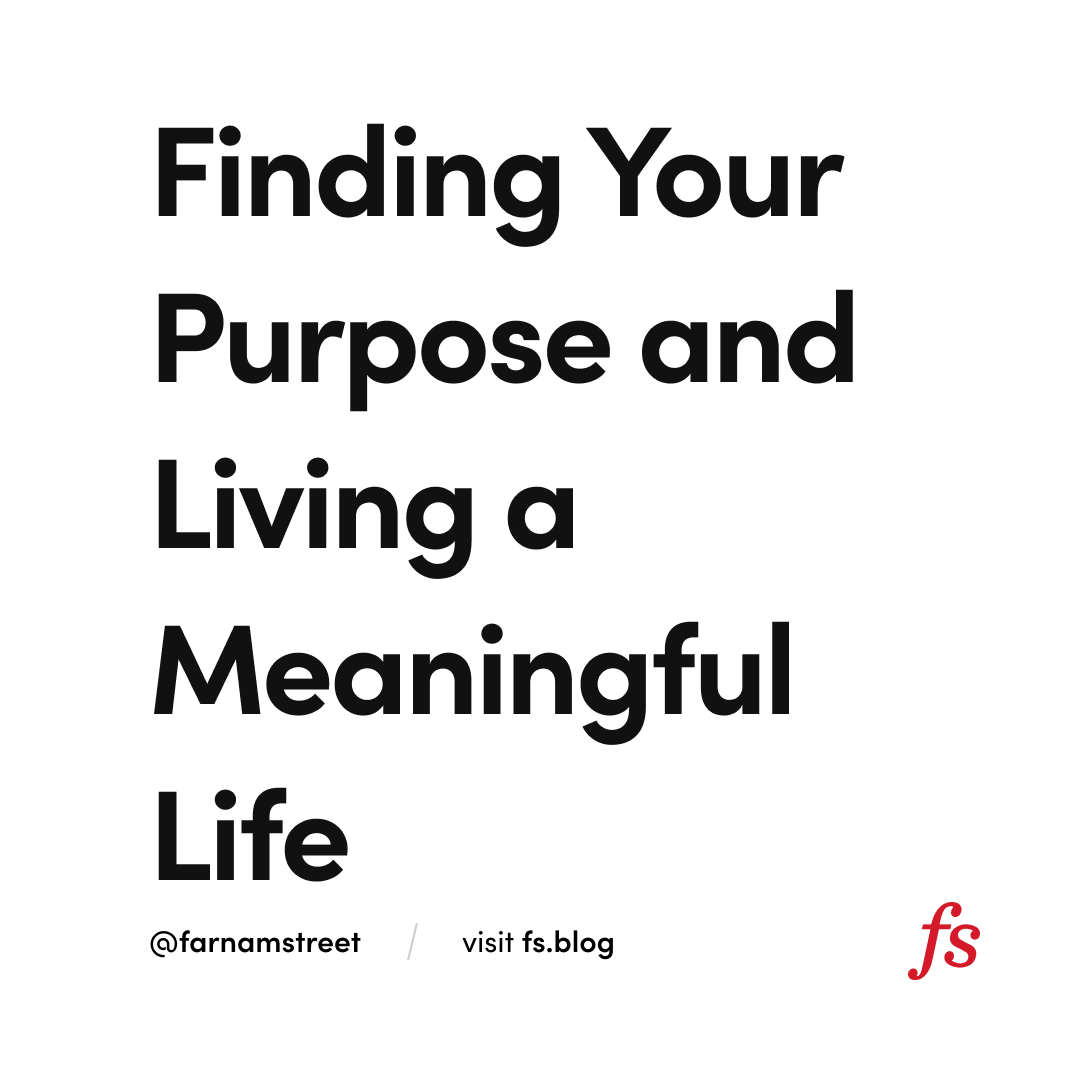Who Sets Your Priorities?
Learn how to reclaim the day’s most precious time for your own purpose. This issue is about Typography, meaning, and anxiety.

Every day begins with a choice, yet too often, this choice is unwittingly surrendered. If the first thing we do each day is check our emails, WhatsApp, Instagram, Facebook, or any other inbox, we’re letting others set our priorities.
This pattern extends to the evil little twin sister of messaging: social media. Refreshing our feed in anticipation of something new and stimulating first thing in the morning means we’re playing along with someone else’s script.
What others want becomes more important than what we want.
How should we best address this issue? We make a vow to dedicate the first 60, 90, or 120 minutes of our day to activities that serve our personal goals. This could include work, education, chores, mental or physical practices, or anything else meaningful to us.
If you’re a medical student, you might want to review your last anatomy lecture. If you work in an office, you might want to take time to groom properly and dress sharply. You might choose to exercise, go for a walk, read, or enjoy a nourishing, undistracted breakfast. Or perhaps you want to take a long shower, review your calendar or to-do list, stretch, practice a new language, start the washing machine, clean your space, write, prepare meals for the day, listen to a podcast, or simply play some music.
Why do we tend to neglect these self-serving actions—the things we truly want to do for ourselves? Most often, it’s because we either haven’t taken the time to determine what we really want in life or we’ve disregarded what we already know we want in favor of what others told us they want. This dilemma brings us to a crucial question every seeker of freedom must consider:
What is it that I want?
It is not the Why, Who, Where, or When that is of utmost importance. The What is what we must uncover—and not just in the short-term, but from a long-term perspective.
Without knowing what we want, we cannot identify which beliefs and actions will help us achieve our What. Without knowing what we want, we cannot determine who we need, where we must be, and when we should take action to move closer to our What. As long as our own What remains obscured, others will determine what we want, leading to burnout and depletion of life energy.
And the why question? This one is important, no doubt, but it leads us down a whole other rabbit hole. In his book Start with Why Simon Sinek argues that the most successful influential individuals and inspiring leaders and organizations operate by focusing first on the question “Why?” and that most companies do things backward by focusing on what they do and how they do it, without giving much thought to the Why. The book provides examples of leaders who have succeeded by having a clear Why, including Apple’s Steve Jobs and the Wright brothers.
Certainly, why helps us understand and communicate the purpose or belief that inspires us to do what we do. But it doesn’t get us moving. The Why is what we’re exploring to deeper and deeper levels while doing what we’re doing, moving closer to what we have determined we want. The most successful people don’t start with why. They rather feel a strong drive to move closer to their defined What. Then, while moving on their path, they start exploring and penetrating their Why. The more of an understanding they gain of their own deep-rooted motives, their comprehension of Why starts adjusting and fueling their journey toward their What, resulting in an absolute alignment of their actions with their motivations.
What is it that I want?
Once we answer this question, we position our What in a hierarchical order together with the demands others place on us to achieve their own What. And suddenly, the fog lifts and our path becomes clear.
Allocate specific times for checking messages and social media. It doesn’t have to be the last thing in the evening (and it actually shouldn’t if you aim for a good night’s sleep). Just make sure it’s not the first thing in the morning.
This precious time should be reserved for your purpose only.
Have a phenomenal week!
⏤Ferdinand
✨ Sparks
📚 Book: BUTTERICK’S PRACTICAL TYPOGRAPHY
This is an amazing book in form of a webpage that teaches you everything you need to know about typography. It provides comprehensive guidelines on effective typography, from basic font selection to intricate page layout designs. Butterick emphasizes the importance of making informed typographic choices to enhance document quality, advocating for the use of professional fonts over system fonts to significantly uplift the visual appeal of text.

📝 Article: Hunter S. Thompson's Letter on Finding Your Purpose and Living a Meaningful Life
Thought provoking letter from Hunter S. Thompson to a close friend in which he offers profound advice on discovering one’s purpose. Do you find yourself at a crossroads in your life? I found this blend of historical inside and actionable wisdom deeply resonating.
All advice can only be a product of the man who gives it. What is truth to one may be disaster to another. I do not see life through your eyes, nor you through mine. If I were to attempt to give you specific advice, it would be too much like the blind leading the blind.
As I said, to put our faith in tangible goals would seem to be, at best, unwise. So we do not strive to be firemen, we do not strive to be bankers, nor policemen, nor doctors. WE STRIVE TO BE OURSELVES.
The goal is absolutely secondary: it is the functioning toward the goal which is important. And it seems almost ridiculous to say that a man MUST function in a pattern of his own choosing; for to let another man define your own goals is to give up one of the most meaningful aspects of life— the definitive act of will which makes a man an individual.
A man who procrastinates in his CHOOSING will inevitably have his choice made for him by circumstance.

📝 Article: An Equine Model for Human Anxiety
This article explains how horses’ reactions to fear can teach us about managing human anxiety. By studying how horses are trained to handle fear calmly through consistent and supportive guidance, it suggests similar methods could be adapted for human anxiety therapy.

💡 This Week’s Wisdom
The definition of Power is not financial success, status or influence over others, but the degree to which we have control over our own lives.
From The Rational Male by ROLLO TOMASSI.
Captured and resurfaced using the phenomenal Kindle reader.
Did you enjoy this issue? If you draw value from Sunday Sparks please consider contributing to this publication’s financial freedom.
Flows straight into content, not coffee.






